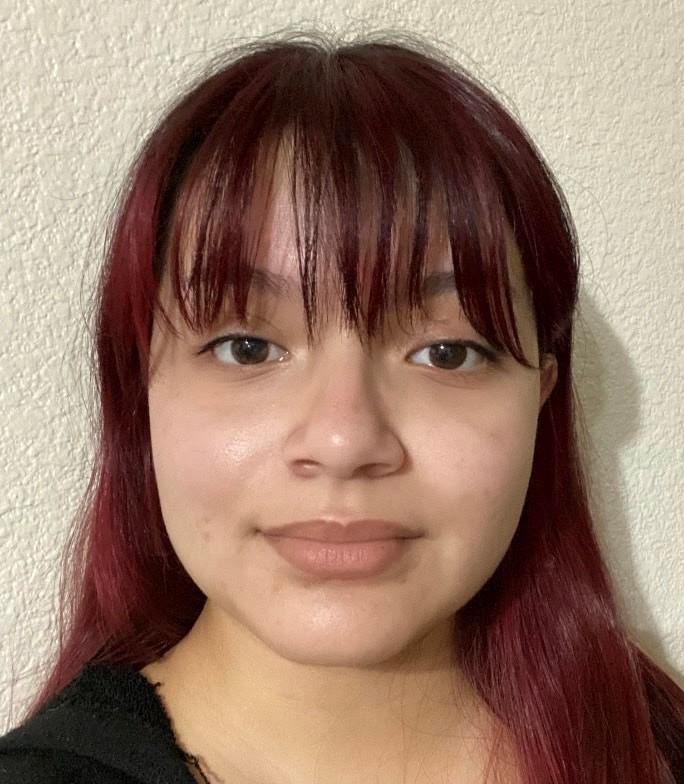
When COVID-19 hit hardest in Southern Arizona, I think I can speak for everyone when I say it was difficult to adjust to a new way of living so quickly. Everything had closed, we had to wear masks everywhere and we had to stay inside as much as possible. Only essential workers continued to work, so many people stayed home with their families and loved ones. Although it might have seemed like the only people who were having a tough time were essential workers or people who were trapped inside with toxic family members or significant others, in a survey conducted by the Kaiser Family Foundation in the early Spring, nearly “45% of adults in the United States had reported that their mental health had been negatively impacted due to worry and stress over the virus.”
Both being alone and the stress of a virus spreading quickly caused many people to feel alone and scared, which, of course, resulted in mental health struggles. I too had to deal with this phenomenon. In March and April, I was concerned about the virus, but I was also happy to have a break from school. To me, those two months did not feel awful. However, the last four or five months have been a bit difficult. Even though I had the opportunity of connecting with my friends through Zoom, Skype, FaceTime or even text, I found myself answering them less and less. I started to isolate myself. It got to the point where I never felt more alone, and I was unable to express myself because everything I had found fun prior to the pandemic began to feel more like a chore. I had started to work out in an attempt to help keep my mind and body strong, but after about a month or so, it was no longer helping and I had given up.
I also had just moved to Tucson, and as many of you know, there is not much to explore or do when taking extra precautions to not getting infected. I would sit in my bedroom all day and make sure I poured myself into work to help fill the silence. I continue to do this; I make sure I stay busy, so I do not feel so bored or alone.
Mental health is always extremely important, but especially in a time like this; it affects everything from our interpersonal relationships and even our physical health. You have avoided contracting COVID-19, great! But it’s important to remember that whether you have this virus or not is not an indication of perfect health. You must allow yourself some time to think about how you feel. Then, once you figure that out, try to do something about it. It may be hard to get out of a slump, but changing your routine even slightly might help your mental health. Maybe play Just Dance and get your body moving or take some time out of your day to read a book, draw or find any other hobby.
Good mental health not only helps improve physical health; it also helps improve our stress management and daily productivity. Increasing stress management and productivity will help individuals get through their online courses, work or even pick up some old hobbies to enjoy. In turn, this will also help make the time pass by quicker than it would lying in bed.
RELATED: UA launches new health and wellness initiative to provide peer support
There are many ways that can be helpful to limiting the amount of damage that can be done to your mental health at this time. Keeping a routine, limiting alcohol or drug intake and keep contact with friends and family if possible. It is also important to note that people who are at higher risk of COVID-19 are also at a heightened risk of poor mental health during this pandemic due to tighter restrictions set on them to keep them safe. Other individuals with previous or current anxiety disorders are also at risk for poorer mental health due to the panic or worry caused by news feed or other pandemic related issues. This risk can be reduced by limiting the amount of news watched, limiting screen time in general, living with a roommate or family member to avoid feeling alone and getting enough sleep.
If your mental health has been somehow affected by the virus in any way, it is important to realize that you are not the only person. Isolation can make you feel alone, and you may feel as if no one understands you. However, this is not true, almost half of adults in the U.S. have had their mental health affected by COVID-19 so far. You are not alone. If you feel like your mental state is in a dangerous place, do not be afraid to reach out and seek help.
Mental health has always been a taboo subject, but it is extremely important that we destigmatize it, especially in a time where so many people are reckoning with themselves and their brains. In order to really “stay healthy,” we must acknowledge and deal with this huge component of health.
Follow Andrea Moreno on Twitter









